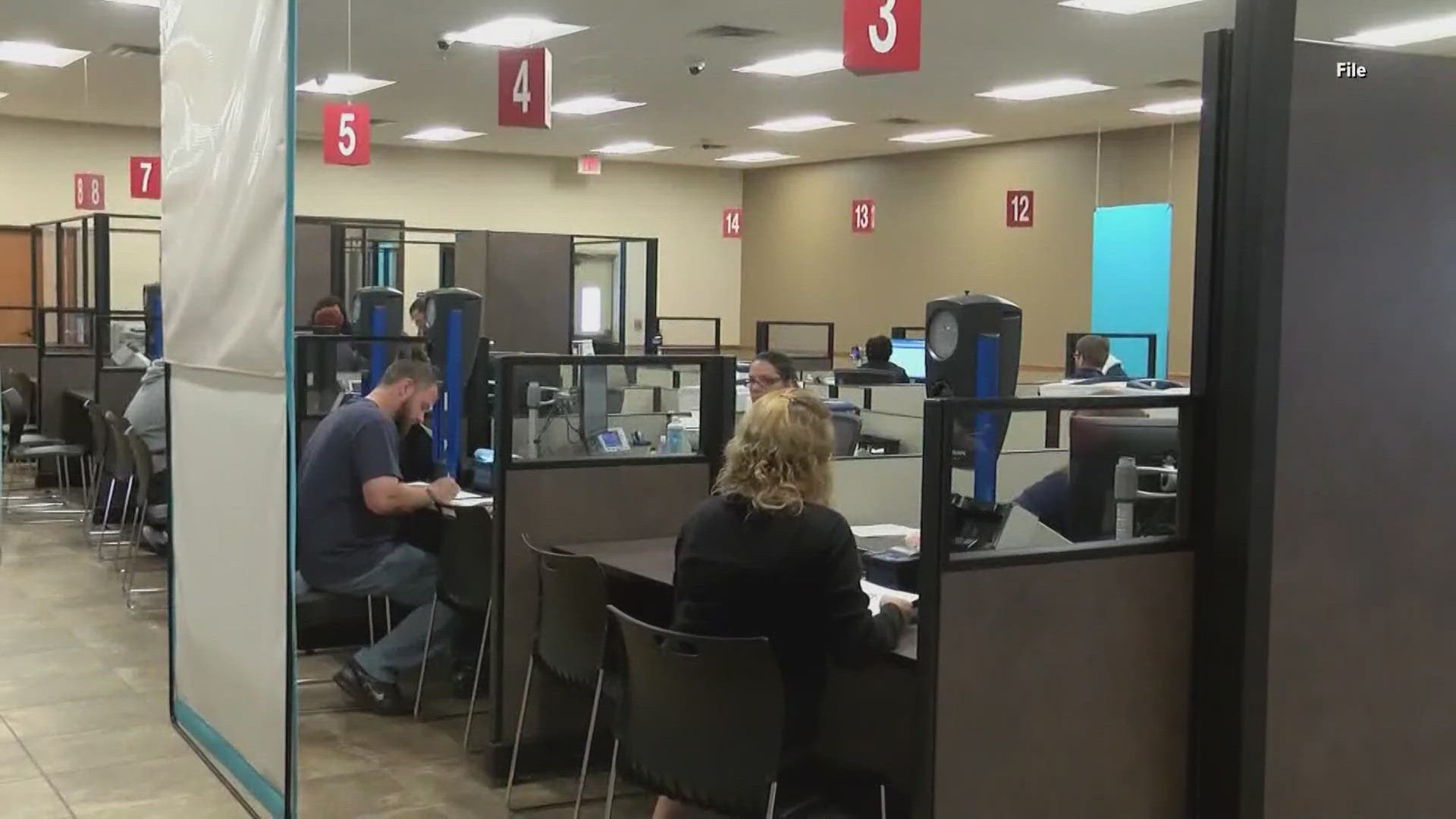BELTON, Texas — A suspicious email is swarming inboxes across Central Texas. People are reaching out to 6 News saying the Texas Department of Transportation (TxDOT) emailed them urging them to validate their information for a REAL ID.
A REAL ID is a driver's license, learner's permit or non-driver ID that's issued by the Texas Department of Public Safety and meets federal compliance standards.
Sammi Freehill in Belton is just one of the recipients of the email.
"I got the email and it looked kind of fishy," Freehill explained. "The email actually came from 'mail@thecustomerfactor.com' instead of actually saying it was from TxDOT, even though it had their logo."
Freehill thought it might be a phishing attempt, so 6 News investigated.
THE QUESTION
Did TxDOT send out this email about REAL ID?
THE SOURCES
Jake Smith, Public Information Officer for TxDOT Waco District, and Jason Meza, Senior Director of Media Relations for the Better Business Bureau (BBB).
THE ANSWER
No, TxDOT did not send out an email about REAL ID.
WHAT WE FOUND
Meza says phishing is becoming more sophisticated.
"These are attempts to fraudulently gain access to our accounts to get money from us," Meza said. "They're getting better at disguising."
Scammers can pose as anyone.
"They pose as the government," Meza added. "They pose as utility companies. They pose as account providers, your banks."
One of the biggest red flags is if someone is asking you to do something urgently.
"They need you to immediately press a button or click a link to respond," Meza said.
Also, if it's unsolicited.
"We never trust caller ID," Meza went on to say. "We never trust inbound links or emails. We don't know who they're really from."
Other things to look out for are grammatical errors, misspellings and different fonts and text sizes.
"Many times these criminal rings exist outside of the US, so they're using translation services very poorly," Meza said.
Smith sent 6 News the following statement about the email:
"This is not an email from the Texas Department of Transportation."
The BBB has a capture portal called scam tracker. You can find it here.
Victims can report their information to warn others. The BBB then shares this information with law enforcement and said it could lead to prosecution at some point down the line.
More from 6 News:

